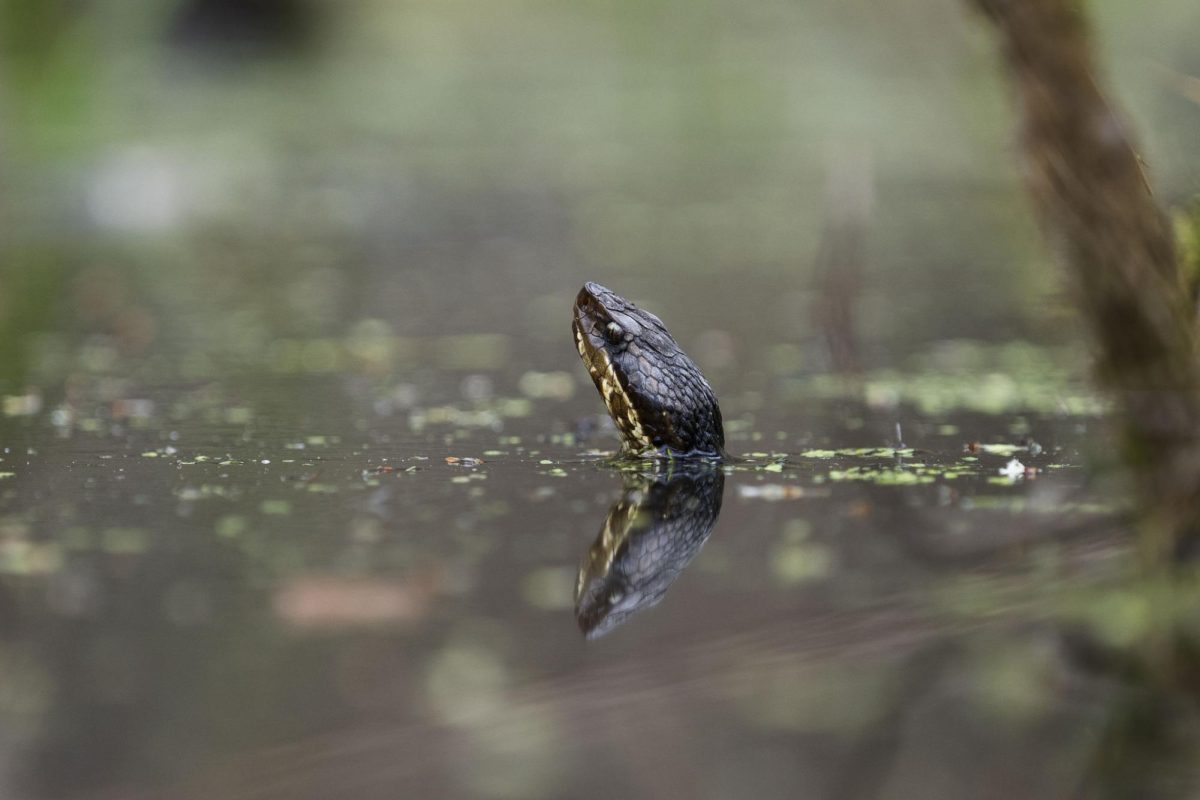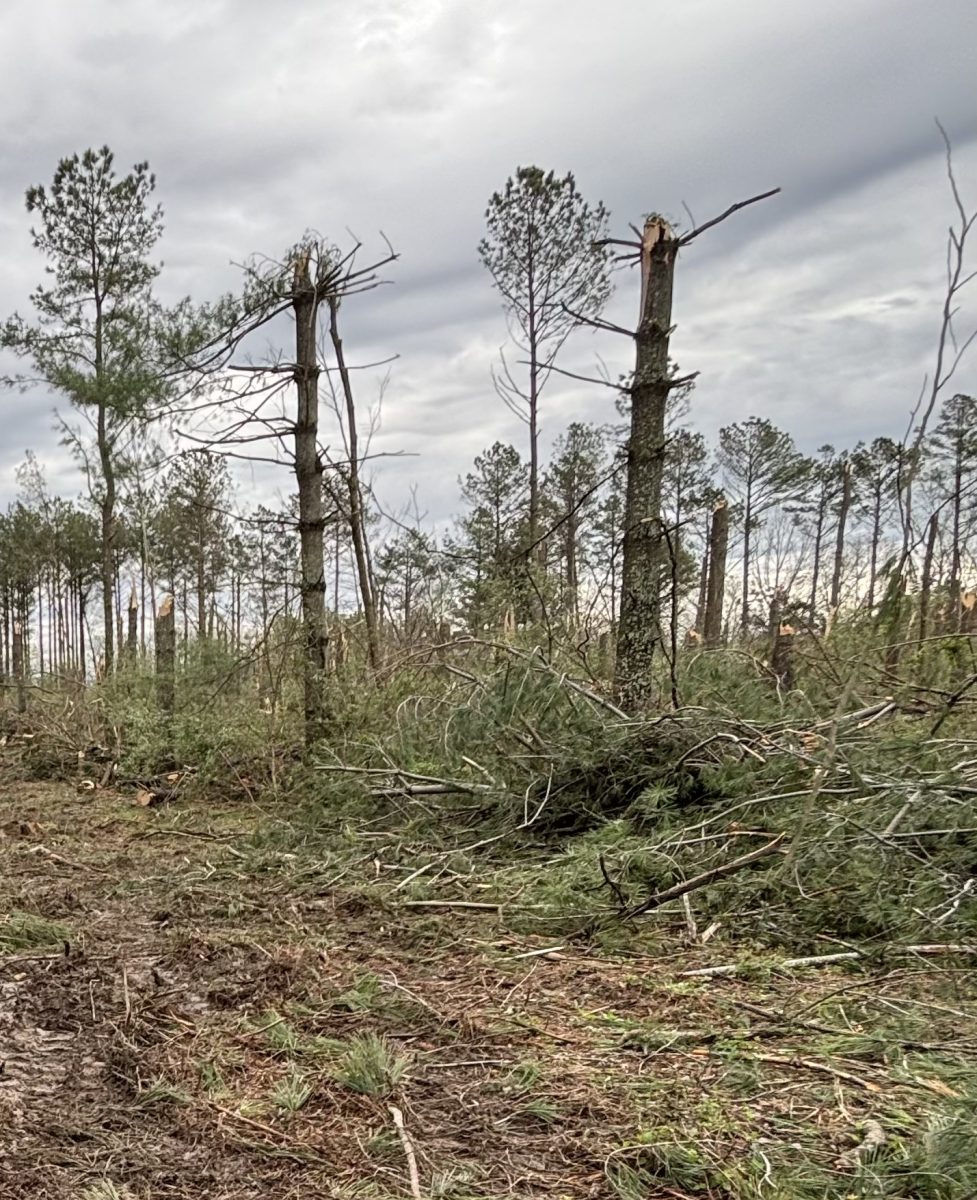New Literary magazine washes its way onto the shores of SIUC
July 12, 1995
Crab Orchard will no longer be just a local name when the SIUC English Department launches its new nationally distributed literary magazine, The Crab Orchard Review, this fall.
This is of considerable value to the University, Richard Peterson, chief editor of the new magazine, said. It will enhance the reputation of the department and the University by the quality of the journal itself.
The journal will publish the poetry and fiction of national writers each fall and spring.
Advertisement
Several names were considered before deciding on Crab Orchard Review, Peterson said.
(Crab Orchard Review) seemed to give a much stronger sense of identity with the region and area, Peterson said. It is an unusual name.
The first issue, coming out in September, will contain works by an SIUC professor emeritus and an SIUC graduate.
Jeanne-Marie Zeck, an SIUC graduate, submitted a transcript of an interview she had with Pulitzer Prize winner Jane Smiley, author of A Thousand Acres.
She did the interview as part of her dissertation, so she knew Smiley’s work well, Jon Tribble, managing editor, said. She also submitted a review of Smiley’s new bestselling book, Moo.’
Peterson said the editors encourage new as well as established authors to submit their work.
The photo on the cover of the first journal was taken by Richard Lawson, professor emeritus of English at SIUC.
Advertisement*
Lawson said the picture, entitled Home:The Fire Next Time, shows the house he grew up in after it was abandoned.
Everybody tried to burn the place down and it wouldn’t burn down, Lawson said. Now it’s a 24-hour Sunoco station. I was playing with a literary title by James Baldwin and the idea You can’t go home again’ when I named it.
Tribble said the student population in general will have the opportunity to see some of the best writing in the country and internationally when the magazine is published.
The most direct way the students can get involved, though, is as interns on the magazine, Tribble said. They will have contact with the solicited and unsolicited aspects of a magazine and will have the opportunity to gain experience in the business part of it.
Sean Chapman, a graduate student from Fayetteville, Ark., will be one of the students interning in the fall.
It’ll be a great chance to see the birth of a literary magazine, Chapman said. The experience I will be getting in publications will help me get a job.
Peterson said students will receive academic credit for interning based on the number of hours they work.
Tribble said establishing the long-term goals is one of the advantages of starting a literary magazine.
We are starting from a position that we can do a great deal with, he said.
Advertisement








